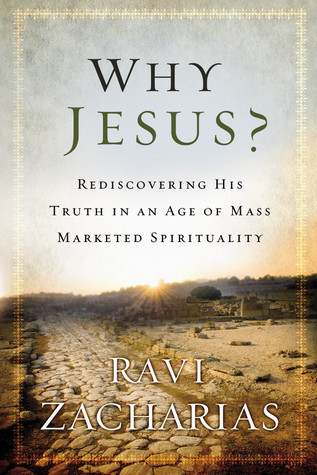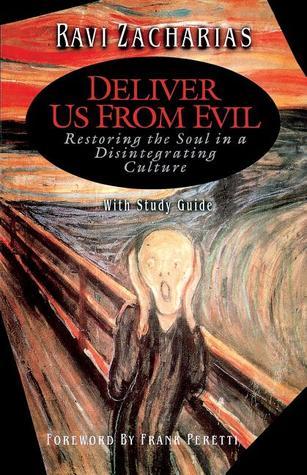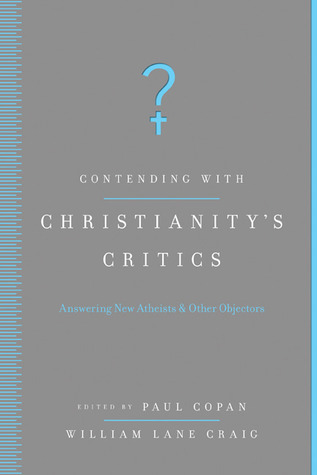
The End of Reason: A Response to the New Atheists
Book Description
Can reason truly lead to meaning, or do the New Atheists hold the key to a darker truth? In “The End of Reason,” Ravi Zacharias confronts the rising tide of skepticism, unraveling the intricate tapestry of faith and intellect. With a razor-sharp critique of secularism, he challenges the allure of a world stripped of divine purpose, igniting a fierce debate on the very essence of human existence. As rhetoric ignites passion, Zacharias invites readers to lie awake at night, grappling with profound questions: What if the answers we seek are not in reason alone, but something deeper?
Quick Book Summary
"The End of Reason" by Ravi Zacharias is a pointed response to the arguments presented by the so-called New Atheists, particularly Sam Harris. Zacharias argues that reason, when detached from faith, ultimately leads to emptiness and lacks the capacity to provide true meaning or moral grounding. Throughout the book, he critiques the philosophical foundations of secular humanism and atheism, contending that their promises of liberation ultimately trade one set of dogmas for another. By examining life's most profound questions—suffering, morality, purpose, and the limits of logic—Zacharias posits that Christian faith engages both intellect and heart. He challenges readers not just to consider the rationality of faith, but to recognize that a purely material worldview cannot adequately account for love, justice, or hope. Zacharias ultimately calls for a deeper integration of faith and reason, suggesting that life’s deepest answers are found not in the “end” of reason, but in its fulfillment through faith in God.
Summary of Key Ideas
Table of Contents
Critique of New Atheism and Secularism
Zacharias begins by directly engaging the arguments of New Atheists like Sam Harris, whose works assert that faith is irrational and even dangerous. He points out inconsistencies in their reasoning, noting that their critique often relies on caricatures or misrepresentations of faith. Zacharias further claims that the confidence of New Atheists in science and reason alone to answer life’s ultimate questions is misplaced, as these tools deal mainly with empirical observation and are insufficient for addressing matters of purpose, meaning, and morality.
Reason Versus Faith: False Dichotomy
The book explores the alleged conflict between reason and faith, emphasizing that the divide is a false construct. Zacharias posits that faith and reason are not enemies but are complementary faculties. Throughout history, many of the greatest thinkers viewed the relationship as mutually reinforcing. He critiques the view that belief in God necessitates intellectual suicide, instead asserting that a robust Christian faith invites questioning and thoughtful engagement with evidence and experience.
The Moral and Existential Void of Naturalism
Zacharias carefully deconstructs the moral framework offered by atheistic naturalism. He argues that if the universe is purely material, devoid of any transcendent reality, then concepts such as objective good, evil, love, and justice become baseless. Without God, morality becomes relative and existential despair follows as meaning slips away. He illustrates how the Christian worldview answers questions of value and purpose more coherently and with greater hope than the alternatives.
Christianity’s Response to Suffering and Meaning
Drawing on personal stories, philosophical anecdotes, and biblical references, Zacharias discusses suffering, justice, and hope. He asserts that Christianity does not shy away from suffering but instead engages it with compassion and intellectual honesty. The story of Jesus provides a foundation for responding to human pain, not just through explanation but participation in it. Zacharias challenges the New Atheist position that suffering disproves God, suggesting instead that the Christian story gives suffering dignity and context.
The Integration of Intellect and Faith
In closing, Zacharias urges readers to consider that true reason finds its end not in nihilism but in a rational faith anchored in God. He argues for an integration of intellect and belief, maintaining that Christianity embraces and completes reason rather than suppresses it. For Zacharias, the search for truth and meaning points ultimately—and necessarily—toward faith, offering a more satisfying account of existence than the reductionist creed of contemporary atheism.
Download This Summary
Get a free PDF of this summary instantly — no email required.





